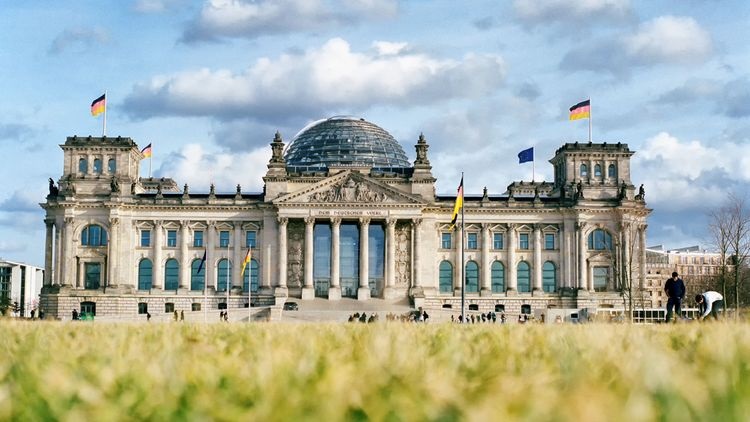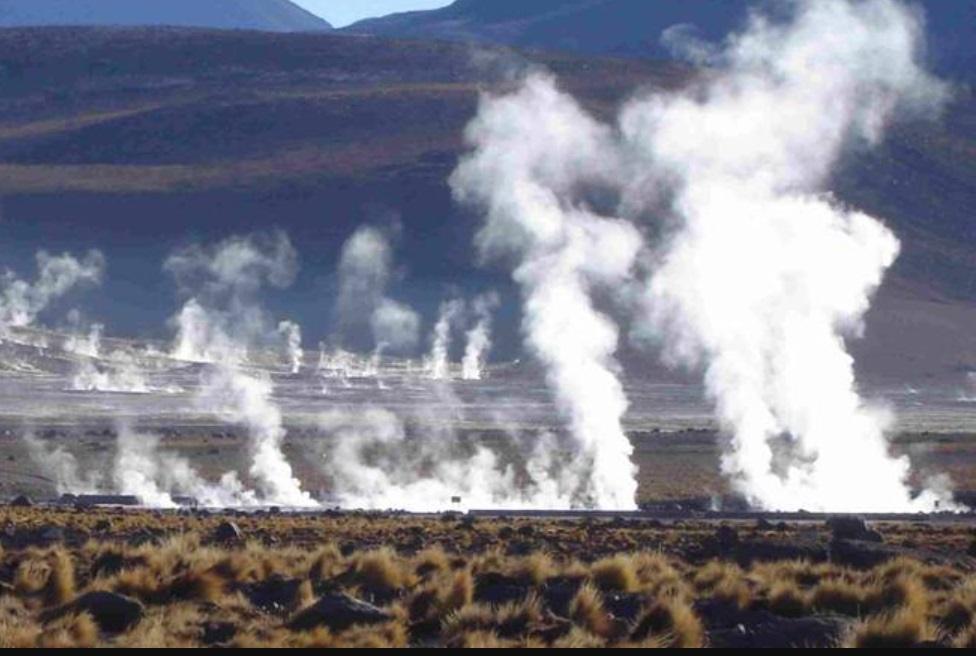Incoming German Government Accelerates Coal Exit, Plans Major Expansion in Renewables
A trio of parties slated to form the new German government after reaching a coalition agreement on Wednesday aims to boost the country’s efforts to address climate change, with the agreement including an acceleration of the country’s phase out of coal by several years, and plans for an economy powered largely by renewable energy in order to hit a 2045 climate neutrality target.
Calling man made climate change on of the greatest challenges of our time, the agreement published by the SPD, Greens and FDP parties sets a new 2030 target for the country’s phase out of coal, pulling forward the prior goal by eight years. In order to meet this significantly more aggressive ambition, the agreement highlights the need for investments in cleaner forms of energy, particularly in light of the country’s planned exit from nuclear power next year:
“This demands that we strive for massive expansion of renewable energies and the construction of modern gas-fired power plants in order to cover the increasing demand for electricity and energy over the next few years at competitive prices.”
The agreement envisions renewables growing to meet 80% of electricity demand, up from a prior 65% target, with major expansions planned for wind and solar power. The plan includes doubling Germany’s 2030 solar capacity target to 200 GW, along with major investments in offshore wind, targeting 30 GW by 2030 and ramping to 70 GW by 2045.
The coalition’s plans also include the development of hydrogen as a significant energy source, calling on the country to be “the leading market for hydrogen technologies by 2030.” Plans include the development of approximately 10 GW of electrolysis capacity by the end of the decade.
In its summary statement outlining the agreement, the coalition said:
“Our coalition has the great opportunity to lay the foundation stone for us to strengthen our industrial and innovation location and thus secure and good jobs in the long term and sustainably. The fight against the climate crisis is a human task. We talked a lot about goals and it is good that we want to become climate neutral by 2045 at the latest. But now it is important that we tackle the implementation with concrete measures.”





